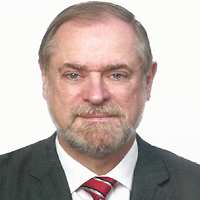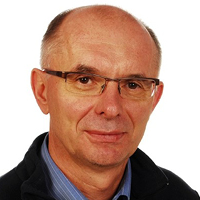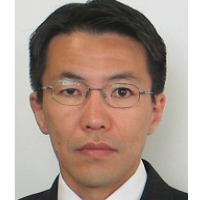Parallel session
The future of work
The COVID-19 pandemic impacted upon the way that production is organised and the way in which consumption takes place. There has been a much greater reliance on remote work and an increased use of automation technologies in many sectors, allowing firms to maintain and increase production levels in the face of social distancing and strict lockdowns.
On the consumption side, there has been an increased use of e-commerce. To a large extent, such changes were underway prior to the pandemic with the pandemic increasing the speed of change rather than the direction. With vaccines being rolled out – albeit unevenly – and the direct effects of the pandemic beginning to subside in many parts of the world, it is an opportune time to consider the longer-term impacts of the pandemic on the future of work and production. It appears clear that the pandemic will lead to longer-term disruptions to labour markets, with an increased need for reskilling and an increased number of employees switching occupations.
In this session, academics and practitioners will debate the longer-run implications of the pandemic on work in the developed and developing world, further considering and identifying what the appropriate policy responses are.
 Join the network
Join the network Klaus F. Zimmermann | Chair
Klaus F. Zimmermann | Chair Aurelio Parisotto | Presenter
Aurelio Parisotto | Presenter Nobuya Haraguchi | Presenter
Nobuya Haraguchi | Presenter